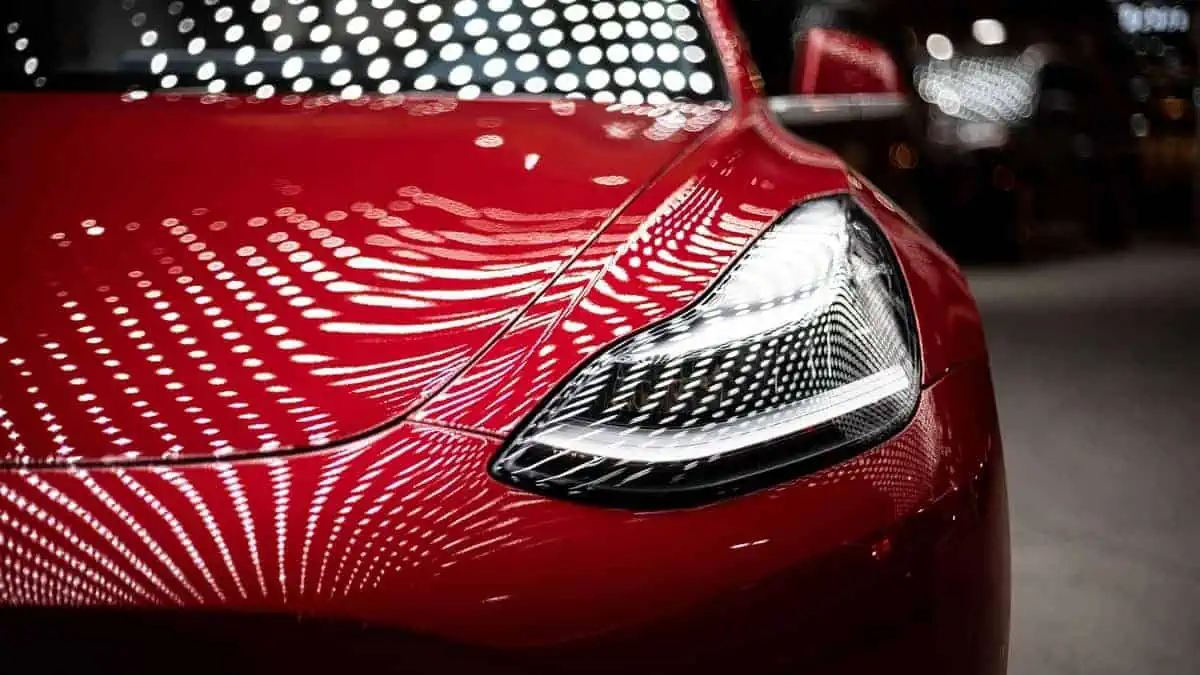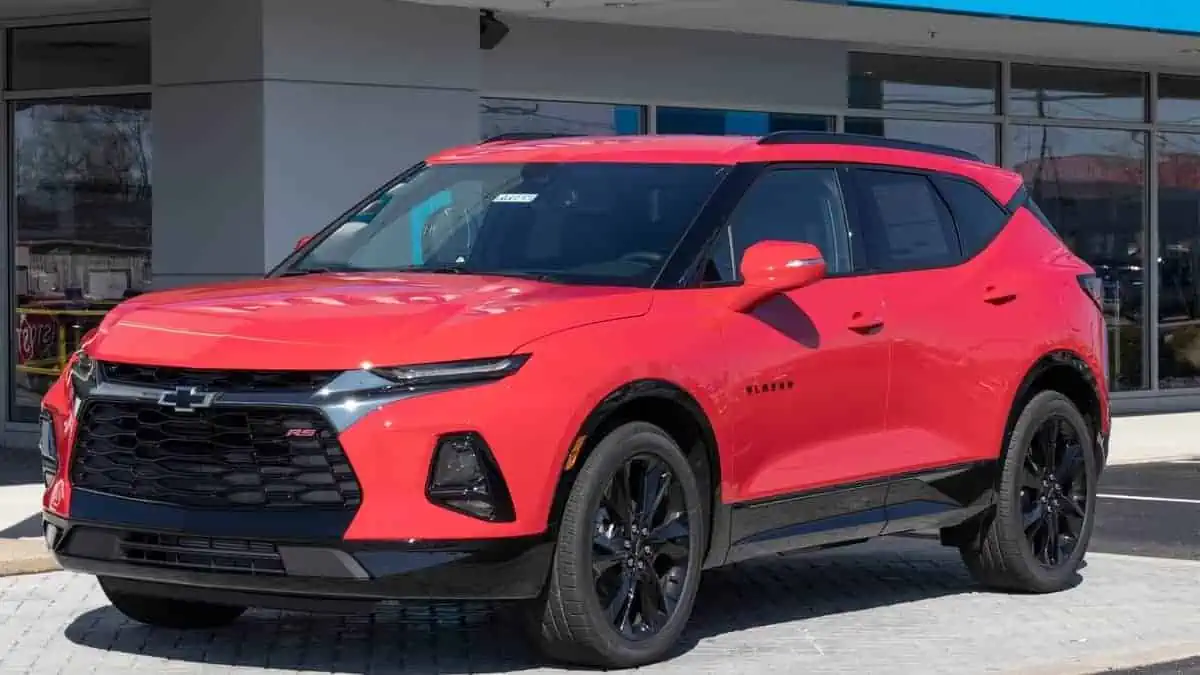Germany struggling in EV competition
Germany has long been a leader in well-engineered combustion vehicles. It is now facing a draining year in its quest to maintain a competitive advantage in the age of EVs.
In a competition for clean-technology leadership with the US and China, Europe’s largest economy is under increasing pressure to retool dozens of fossil-fuel-era factories employing tens of thousands of workers.
Volkswagen, Mercedes-Benz, and BMW will launch multiple new battery-powered models in the following months, which will be critical in demonstrating that they can finally begin to close the gap between Tesla and China’s BYD, the two leaders in EV sales. Nothing less than Germany’s future as a global industrial powerhouse is at stake.
The task is more complex than ever. The Ukraine conflict has thrown energy prices into a tailspin, forcing Germany to rethink its reliance on Russia for energy. After emerging from lockdowns, China has established a significant lead in processing the raw materials for the EV revolution.
Its domestic automakers, backed by massive state subsidies, are now expanding in Europe.
$370 billion clean-technology incentives
The most recent threat has emerged in the United States, where President Joe Biden is enticing EV suppliers with $370 billion in clean-technology incentives in the Inflation Reduction Act.
According to UBS analysts, tax credits incentivizing the structure of battery cells and packs are so generous that the US has the prospects to become the most profitable in the world for production.
The demands for Germany and the European Union to interact in kind are becoming increasingly loud. The IRA threat has been a frequent topic in discussions at the World Economic Forum’s annual meeting in Davos this week, with many European leaders demanding more aggressive domestic incentives.
They are dissatisfied with the US approach, which favors American firms while disadvantages EU competitors.
Scholz is optimistic about Biden’s support
Chancellor Olaf Scholz has as much to lose as anyone has yet to complain much. In Germany, the automotive industry includes roughly 786,000 people and is the country’s largest in terms of investments, sales, and exports. Any failures of the country’s automakers and suppliers would resonate throughout the German economy.
Scholz struck an optimistic tone in an interview with Bloomberg News Editor-in-Chief John Micklethwait this week, saying his government acknowledges and extensively supports what Biden is trying to accomplish and is “working very hard to avoid” a trade war. That’s reasonable considering Germany’s reliance on exports.
But the outcomes of mistakes linger — ask the United Kingdom, which is still reeling from the demise of Britishvolt, a company the government had hoped would become a significant domestic battery player.
Berlin promised an additional €1 billion ($1.1 billion) for battery initiatives as part of a larger European aid package last week, but it pales compared to what the US is proposing.
Since the IRA was passed in August, BloombergNEF has recorded nearly $28 billion in new electric mobility-related investment revelations in North America. Northvolt, Sweden’s best hope for a homegrown battery startup, is contemplating postponing plans for a significant cell factory in Germany to first expand in North America.
“risk falling behind” for Germany and Europe
Germany will not be excluded. CATL, the world’s largest EV battery manufacturer, has begun manufacturing at its first European cell plant in the eastern German city of Erfurt. Volkswagen is constructing a battery factory in Salzgitter that will produce 40 gigawatt-hours of cells per year, enough to power approximately 500,000 electric vehicles.
However, the country’s automakers still have a long way to go in encouraging drivers to support their EV transition. Last week, Tesla announced massive price cuts in the United States and Europe following two rounds of price cuts in China.
Those are indications that Elon Musk, the company’s CEO, is willing to act boldly to keep the company growing.
Musk’s bizarre behavior in recent months may have created an opening for mass manufacturers such as Volkswagen, but the German conglomerate must address software issues that have recently deterred buyers.
BMW and Mercedes have recently made mistakes in their efforts to charge owners more money to unleash software-enabled features. All three manufacturers must address supply problems that have contributed to sales declines.
Germany and Europe “risk falling behind” in the global competition for clean mobility. Hildegard Müller, head of Germany’s VDA auto lobby, stated last week after meeting with Scholz in the chancellery, “Berlin and Brussels must work quickly to ensure Europe’s competitiveness.”






